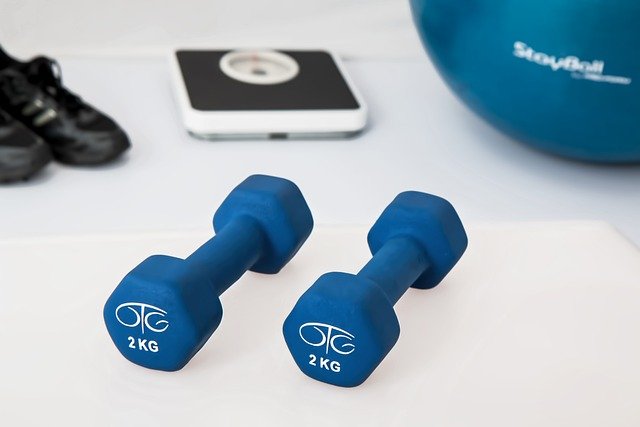
Finding the best time to exercise depends on your personal schedule, goals, and how your body responds to different times of the day. However, research and personal preferences can help guide you in deciding when to work out for maximum effectiveness. Here are some considerations for different times of the day:
Morning Workouts:
Benefits:
- Boosts Metabolism: Exercising in the morning can jump-start your metabolism and keep it elevated for hours, potentially burning more calories throughout the day.
- Consistency: It’s easier to make exercise a habit if you do it first thing in the morning, as your day is less likely to get interrupted.
- Improved Mood: Morning exercise can release endorphins and give you a sense of accomplishment that boosts your mood for the rest of the day.
- Better Sleep: Regular morning workouts can help regulate your circadian rhythm, making it easier to fall asleep at night.
Considerations:
- It might take time to adjust, especially if you’re not a “morning person.”
- Your body might feel stiff at first, so it’s essential to warm up properly.
Afternoon or Early Evening Workouts:
Benefits:
- Peak Performance: Research shows that our bodies tend to perform better in the afternoon when body temperature is higher, leading to improved muscle function, strength, and endurance.
- Stress Relief: Exercise after work or school can be a great way to decompress and relieve the day’s stress.
- More Fuel for Energy: By the afternoon, your body has had time to fuel up, so you may feel more energetic and less likely to be fatigued during a workout.
- Less Crowded Gyms: If you have access to a gym, the late afternoon or early evening can be less crowded compared to peak times.
Considerations:
- It’s easy for afternoon workouts to conflict with work, school, or social commitments.
- If you work out too late in the evening, it could affect your sleep patterns.
Night Workouts:
Benefits:
- Improved Strength: Many people find they can lift heavier weights or perform better at night due to their body’s temperature being at its peak.
- Fewer Distractions: Evening workouts may provide fewer distractions and give you more time to focus on your exercise routine.
- Relieves Stress After a Long Day: If you have a stressful day, nighttime exercise can be a great way to unwind.
Considerations:
- For some, late-night workouts may make it harder to fall asleep because exercise can increase adrenaline and heart rate.
- Late-night workouts may be less consistent due to fatigue after a long day.
Tips for Finding Your Ideal Time:
- Pay attention to your energy levels: Are you more energetic in the morning, or do you prefer evening workouts?
- Experiment with different times: Try exercising at different points in the day and observe how your body reacts.
- Consistency is key: Choose a time that fits your lifestyle and can become part of your daily routine.
Conclusion:
There’s no universally “best” time to work out—it’s all about when you feel at your best and can fit exercise into your routine. Morning workouts can boost productivity and help regulate sleep, while afternoon/evening workouts can take advantage of your body’s peak performance time. Ultimately, the most important thing is to find a time that allows you to stay consistent and enjoy your workouts!
